How Does a Gas Refrigerator Work? The Science Behind Its No-Electricity Magic
In a world powered by electricity, it may seem almost impossible to imagine a refrigerator that operates without being plugged in. Yet, gas refrigerators have been around for nearly a century, offering a reliable and efficient cooling solution for off-grid cabins, RVs, and eco-conscious households. But how exactly does a gas refrigerator work—and why doesn’t it need electricity?
Let’s uncover the fascinating science behind gas refrigeration, and discover why it’s becoming a preferred choice for outdoor enthusiasts, remote homeowners, and sustainable living advocates.
The Basics: What Is a Gas Refrigerator?
Unlike traditional refrigerators that use a compressor and electric power, gas refrigerators use a heat absorption process driven by a gas flame. These appliances rely on a mixture of ammonia, hydrogen gas, and water to create a cooling effect. What’s truly amazing is that no moving parts or electricity are needed—just the power of chemistry and heat.
This makes gas refrigerators ideal for locations where electricity is limited or unavailable, such as remote cabins, RVs, and off-grid homes.

The Absorption Cooling Process Explained
Here’s how the process works in simple terms:
Heating the Solution: A small gas burner heats a solution of ammonia and water inside a sealed system. The heat causes the water to boil, releasing ammonia gas.
Separation and Condensation: The ammonia gas rises and flows into a condenser, where it cools and turns back into a liquid form.
Evaporation and Cooling: This liquid ammonia then moves into the evaporator, where it mixes with hydrogen gas. As it evaporates, it absorbs heat from the refrigerator’s interior, lowering the temperature inside the cooling compartment.
Absorption and Recycling: The ammonia gas is reabsorbed by the water in an absorber chamber, and the cycle repeats continuously.
This absorption process is quiet, efficient, and reliable—especially in rugged outdoor environments.
Why Doesn’t It Need Electricity?
Gas refrigerators run on propane or natural gas, using heat instead of electric motors to initiate the cooling cycle. This unique system requires no external electrical power source. Some gas fridges may include a small electric fan or ignition system, but these features are optional and battery-powered.
Because of this independence from electricity, gas refrigerators are especially useful for:
RV travel and van life
Off-grid cabins and tiny homes
Emergency backup refrigeration
Remote rural areas with unstable power supply
Benefits of Using a Gas Refrigerator
Energy Independence: Operates anywhere with a propane supply.
Silent Operation: No motors or compressors means zero noise.
Durability: Fewer moving parts result in a longer lifespan.
Eco-Friendliness: No reliance on electricity reduces environmental impact, especially when using renewable propane.

Choosing the Right Gas Fridge: Why SMAD?
If you’re considering switching to a gas refrigerator, SMAD offers a wide range of reliable, high-performance models designed for European households, RV travelers, and off-grid adventurers. With a focus on energy efficiency and compact design, SMAD gas fridges are easy to install, built to last, and come in various sizes to meet your needs.
Whether you're living remotely or just want a more sustainable option, SMAD's gas refrigerators combine functionality with freedom.
Final Thoughts
Gas refrigerators are a marvel of chemical engineering, offering a dependable cooling solution without relying on electricity. Whether you're camping in the Alps, living off-grid in Scandinavia, or simply preparing for emergencies, a gas refrigerator can be a game-changer.
And with SMAD, you don’t just get a fridge—you get peace of mind, performance, and portability.

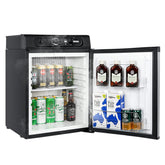

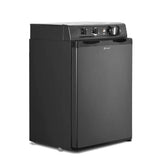
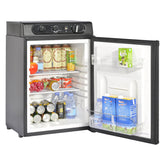
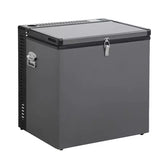

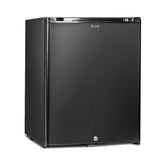
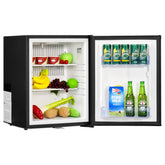
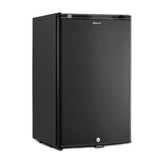
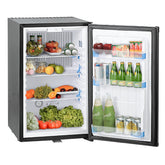
Leave a comment
Please note, comments need to be approved before they are published.